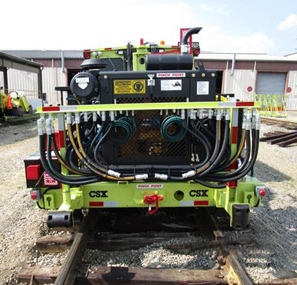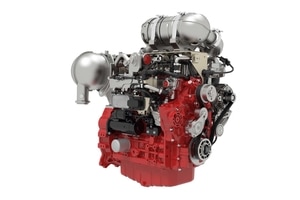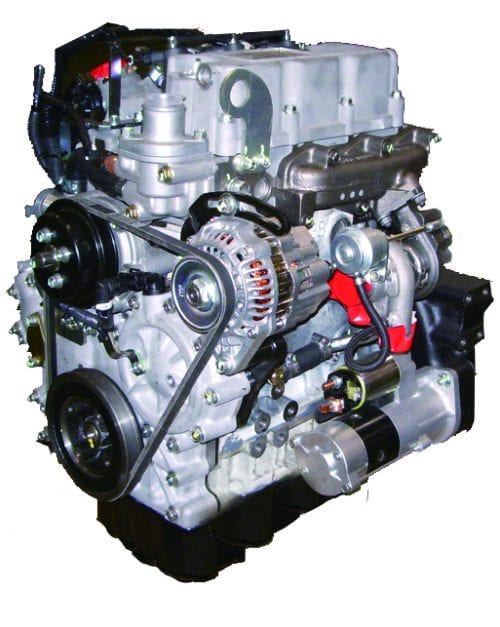Internal combustion engines convert energy from a variety of fuel types into useable mechanical energy that drives movement in the engine’s pistons. The linear motion of the pistons facilitates the rotary motion of a crankshaft, which turns wheels or propellers and enables motion in vehicles. Diesel engines are built to provide enduring, fuel-efficient power in a wide range of applications, making them one of the most popular types of internal combustion engines.
At Central Diesel, we provide diesel engines, generators, railroad equipment, associated parts, and automotive parts services to keep your equipment running at its optimal potential. We maintain a comprehensive parts warehouse for diesel engines and systems to facilitate quick delivery of any critical part or component you need to keep your diesel equipment operational.








